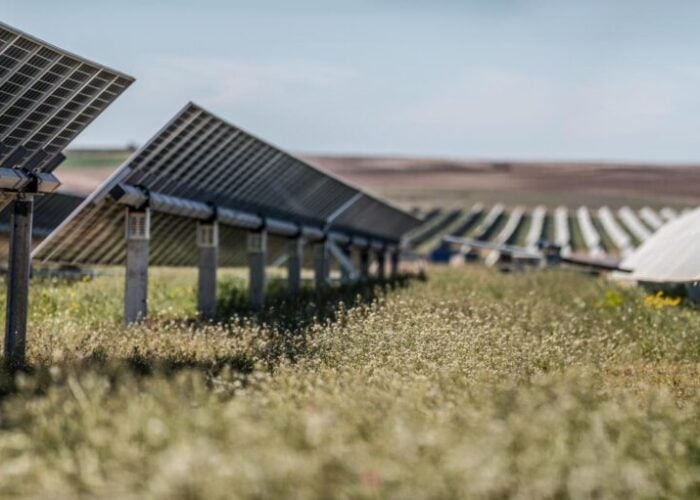
Major system-wide benefits are obtainable for European power producers that quickly replace coal with renewable energy, from avoiding fuel and carbon costs to new power export opportunities.
This was the conclusion of a modelling exercise by the Finish technology group Wärtsilä which studied two energy systems in particular: Germany and the Ukraine. These two countries have vastly different power systems and policies to phase-out coal – demonstrated by how the coal capacity gap can be met with renewable electricity, thermal power plants and energy storage.
Try Premium for just $1
- Full premium access for the first month at only $1
- Converts to an annual rate after 30 days unless cancelled
- Cancel anytime during the trial period
Premium Benefits
- Expert industry analysis and interviews
- Digital access to PV Tech Power journal
- Exclusive event discounts
Or get the full Premium subscription right away
Or continue reading this article for free
“Our analysis from both sides of the coal exit spectrum is clear: value has been eroded from coal by low-cost renewable baseload,” said Jan Andersson, Wärtsilä market development manager for Europe.
“The coal phase-out presents myriad opportunities for European countries to cut production costs, achieve energy independence and create revenue through society-wide sector coupling,” Andersson added.
Under its “Fast Phase-out 2030” scenario, the report concludes that Germany can eliminate coal power eight years ahead of target, by 2030. According to the model, the value of coal power would be eroded by building 13GW of new renewable energy capacity. This would make Germany less dependent on electricity imports, becoming a net exporter in the 2030s, and would save the country up to 600 million tonnes of CO2 by 2045 – equivalent to 81% of its national carbon footprint today.
For Ukraine, Wärtsilä modelled the outcome of the country modernising or retiring its coal. It found that a power system relying on modernised coal is €5.2 billion (US$6.2 billion) more expensive for consumers over ten years, and that the process would omit 53 million tonnes more CO2 than retiring the system.
A new system based on 32GW of new renewable energy would save Ukraine €500 million (US$595 million) annually on the cost of generated electricity by 2031, according to Wärtsilä’s modelling.
“Unlike Germany, Ukraine is not currently able to incentivise its coal exit, so it is vital that they find the lowest cost path to cleanly meeting power demand. Our modelling gives a clear outcome: modernisation of coal is far more costly than retirement,” said Igor Petryk, market development director at Wärtsilä.






